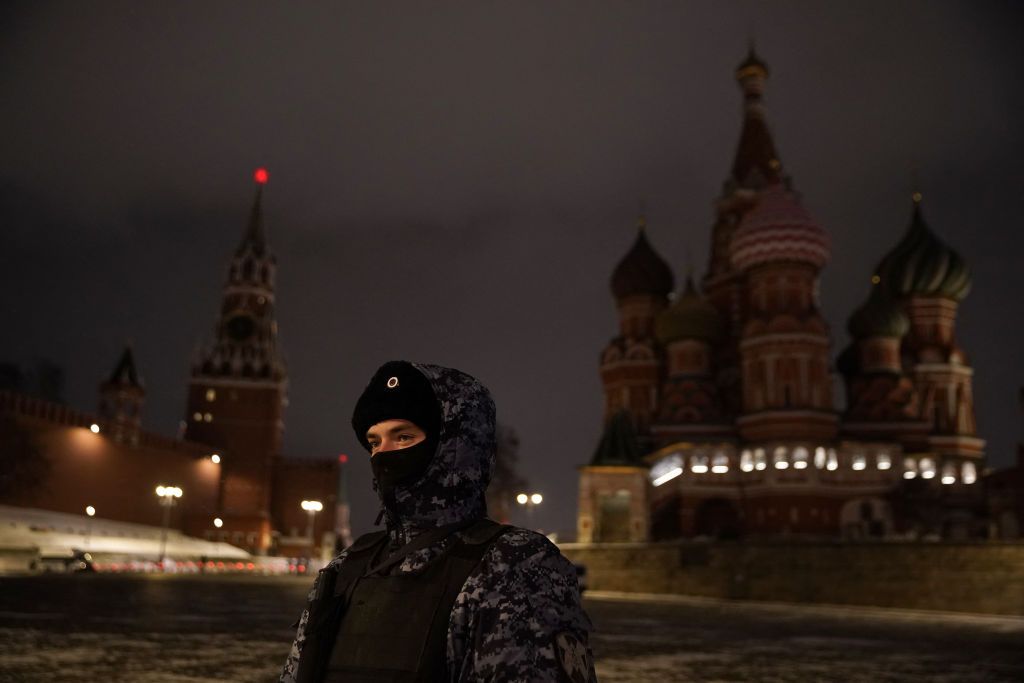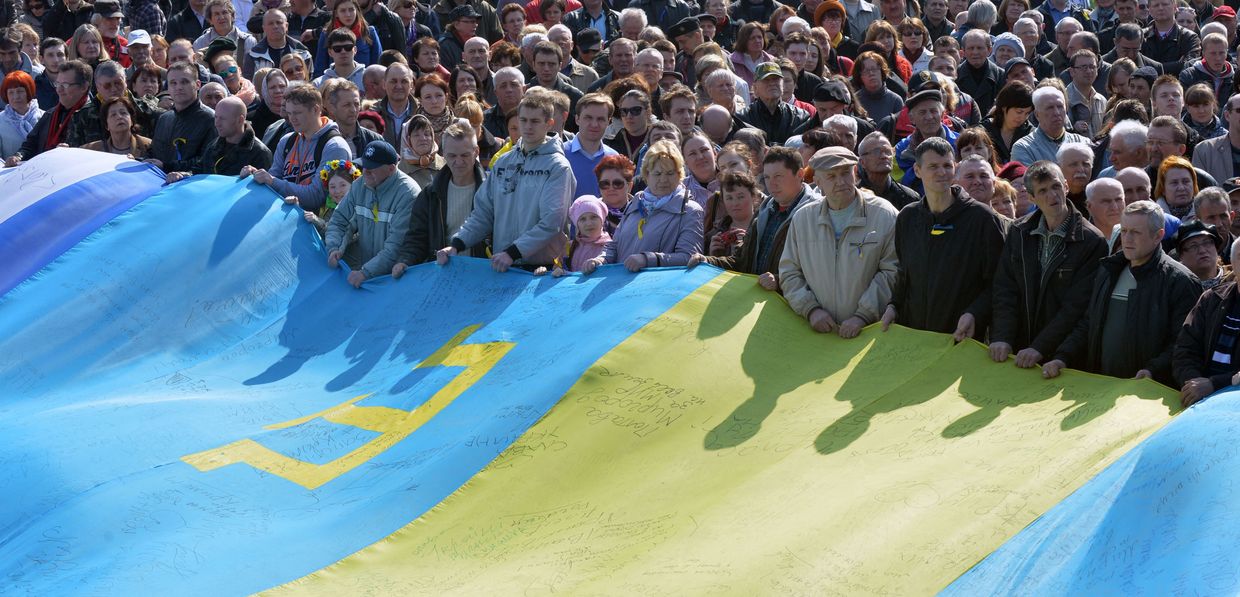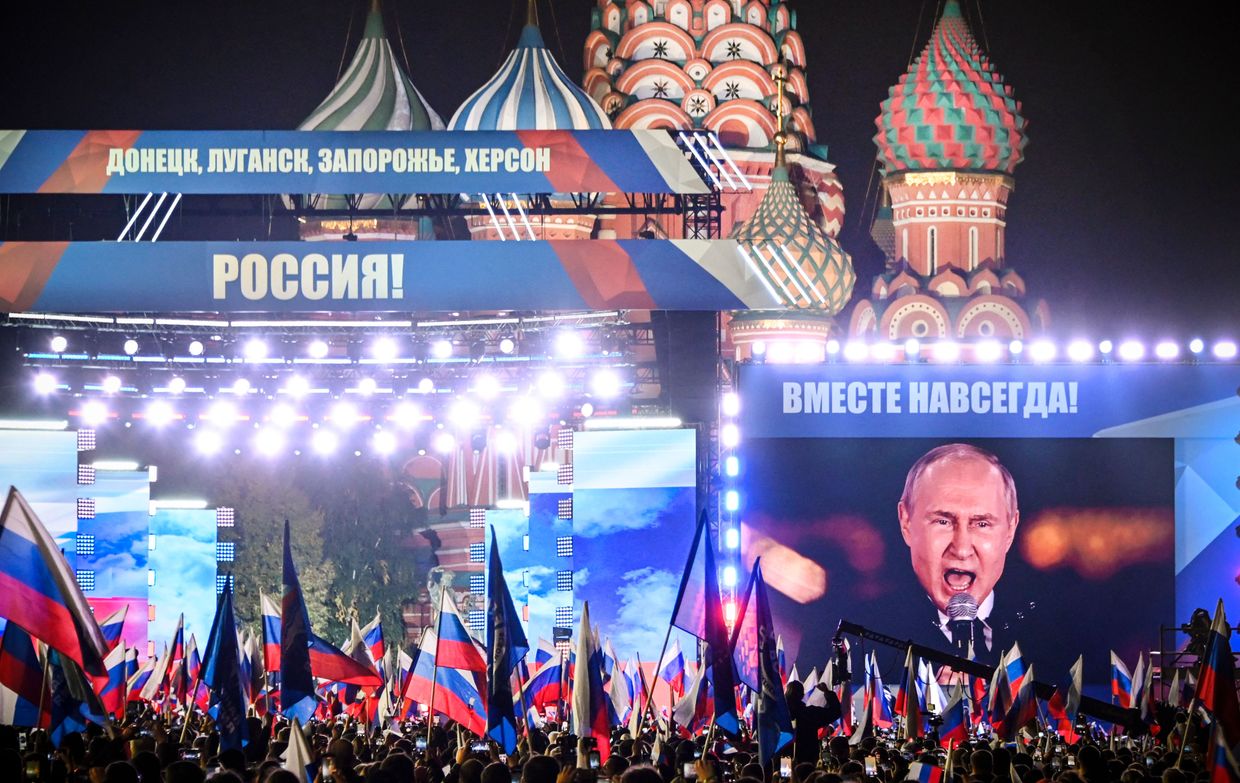Ukraine, 56 more countries, and the European Union condemned the illegally organized voting in Russian-occupied territories of Ukraine as part of Russia’s presidential election, Permanent Representative of Ukraine to the United Nations Sergiy Kyslytsya said on March 15.
Russia began three days of voting on March 15 in a pseudo-democratic presidential election that is expected to grant Vladimir Putin, who has been in power since 1999, six more years in office.
Moscow is also organizing voting in occupied Crimea and parts of Ukraine’s Donetsk, Luhansk, Kherson, and Zaporizhzhia oblasts in violation of international law.
Following the U.N. Security Council’s meeting on illegal voting, Kyslytsya published a joint statement on behalf of Ukraine and dozens of other nations condemning Moscow’s election campaign in the occupied territories.
"Holding elections in another U.N. member state’s territory without its consent is in manifest disregard for the principles of sovereignty and territorial integrity. Such elections have no validity under international law," reads the statement.
Except for European countries, the statement was supported by the U.S., Argentina, Australia, Canada, Chile, Costa Rica, Israel, Japan, Liberia, Marshall Islands, New Zealand, Palau, Paraguay, South Korea, and Uruguay.

Russia declared annexation of partially occupied Kherson, Zaporizhzhia, Luhansk, and Donetsk oblasts in September 2022, a step denounced by Ukraine and the international community as illegal and void.
The Crimean peninsula was illegally annexed in March 2014 following a sham referendum staged by Russia in the absence of any international observers and with armed Russian soldiers present at polling locations.
The U.N. General Assembly adopted resolutions in 2022 and 2014 declaring that Russian sham referendums in Crimea and the other four Ukrainian regions had no validity under international law.
The countries who signed the March 15 statement reiterated the assembly’s call on all states and international organizations not to recognize any alternation of the status of Russian-occupied Ukrainian territories.
"We reiterate the General Assembly’s call for the Russian Federation to stop its war of aggression against Ukraine and to immediately, completely, and unconditionally withdraw all of its military forces from the territory of Ukraine within its internationally recognized borders," adds the statement.
"We reaffirm our unwavering support for Ukraine’s independence, sovereignty, and territorial integrity within its internationally recognized borders, extending to its territorial waters."














